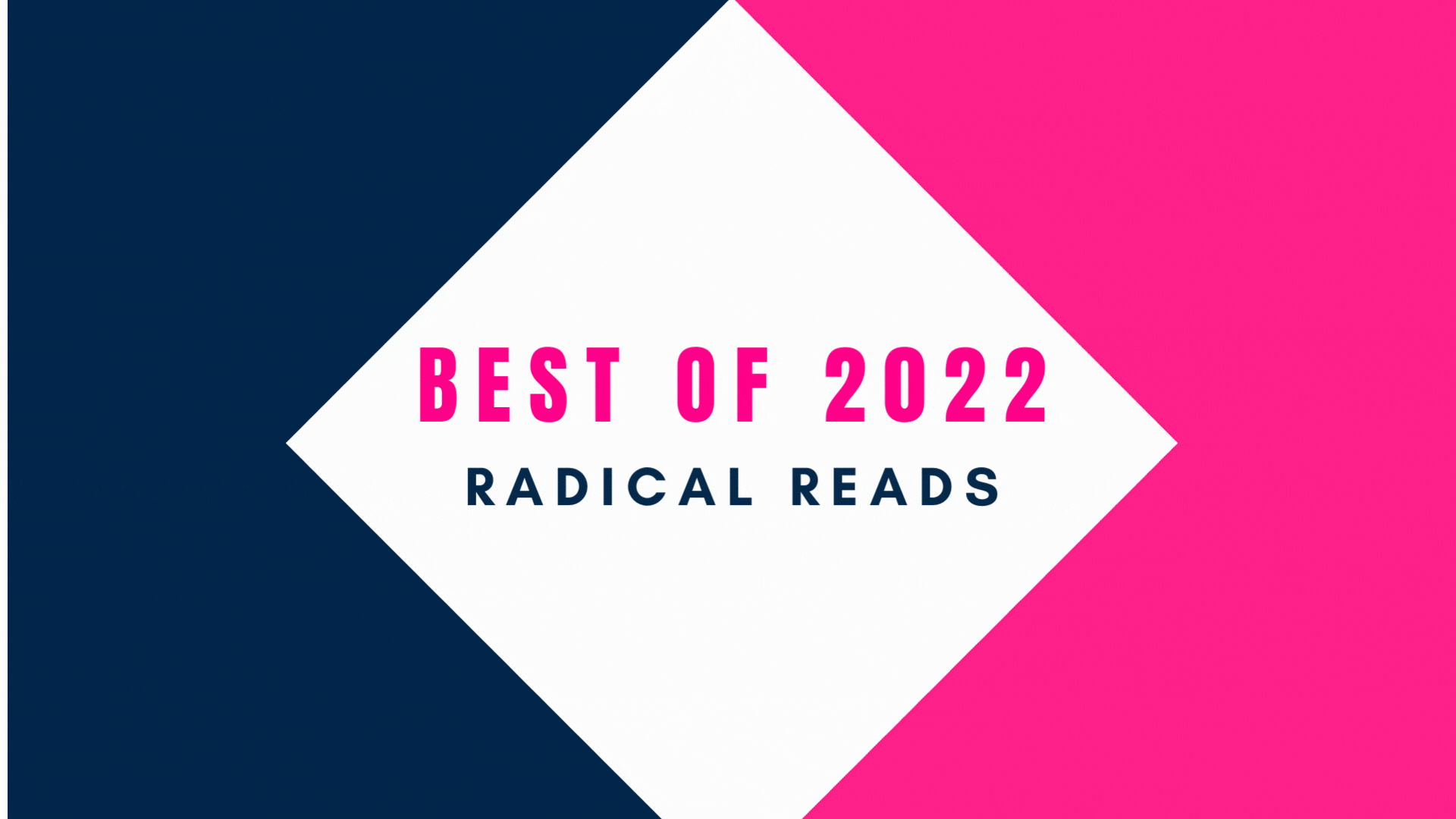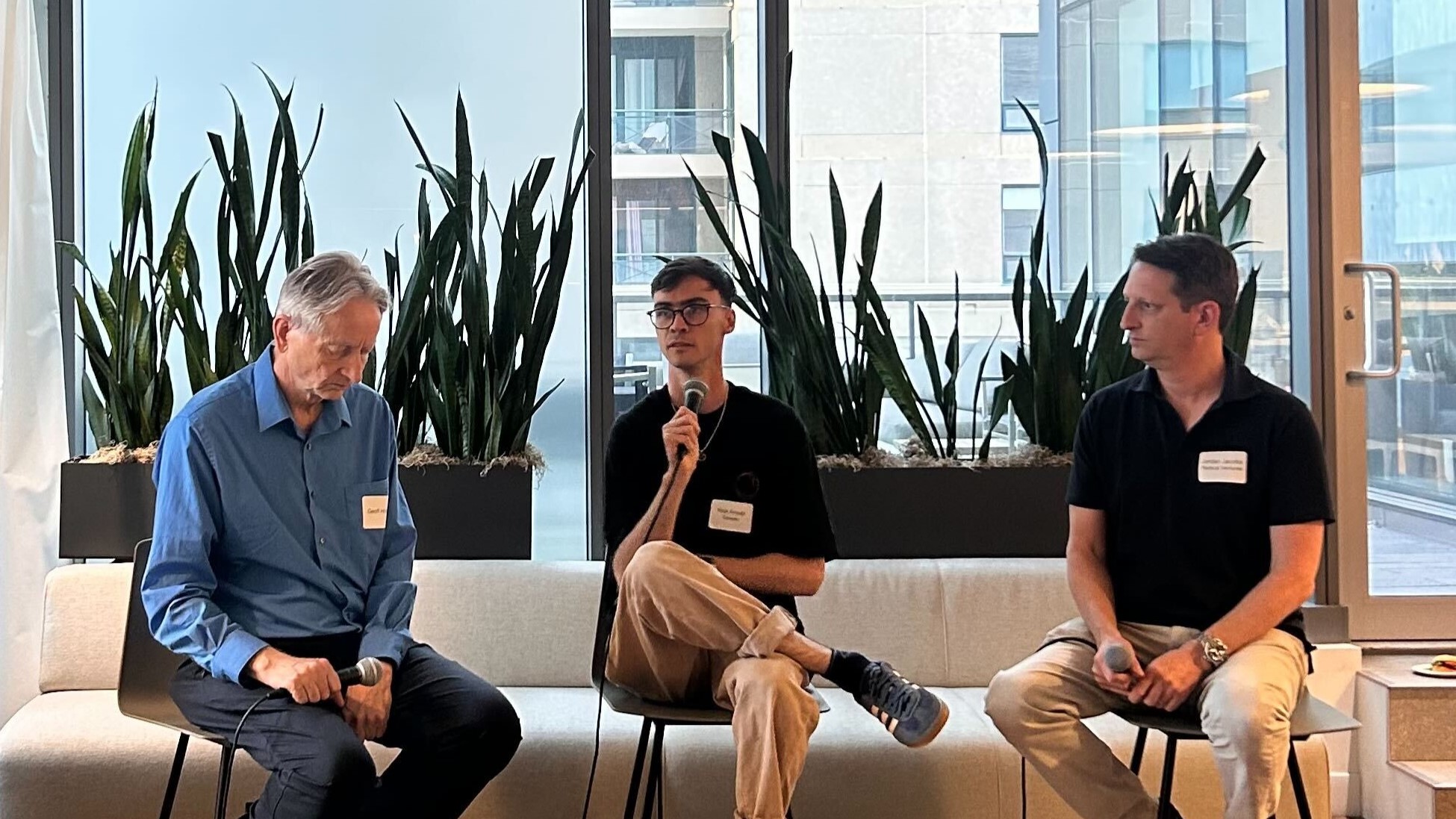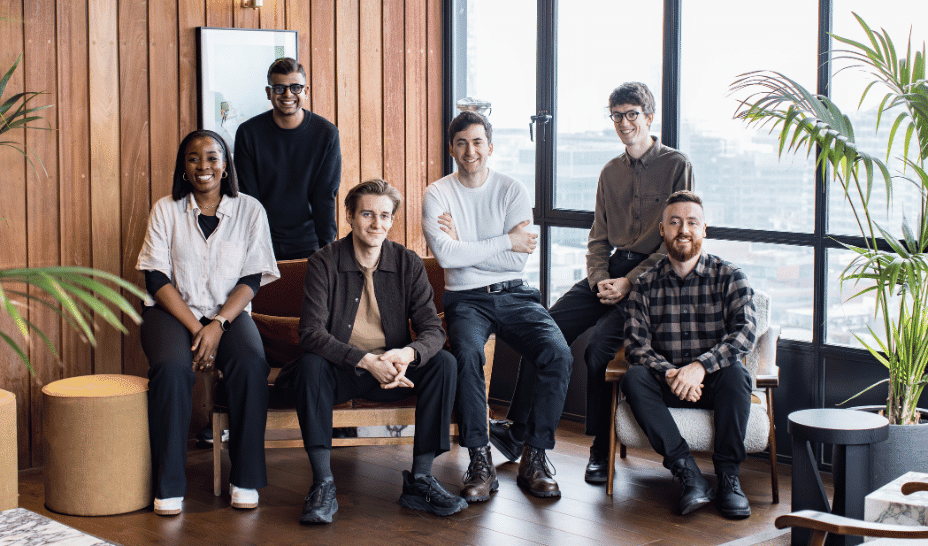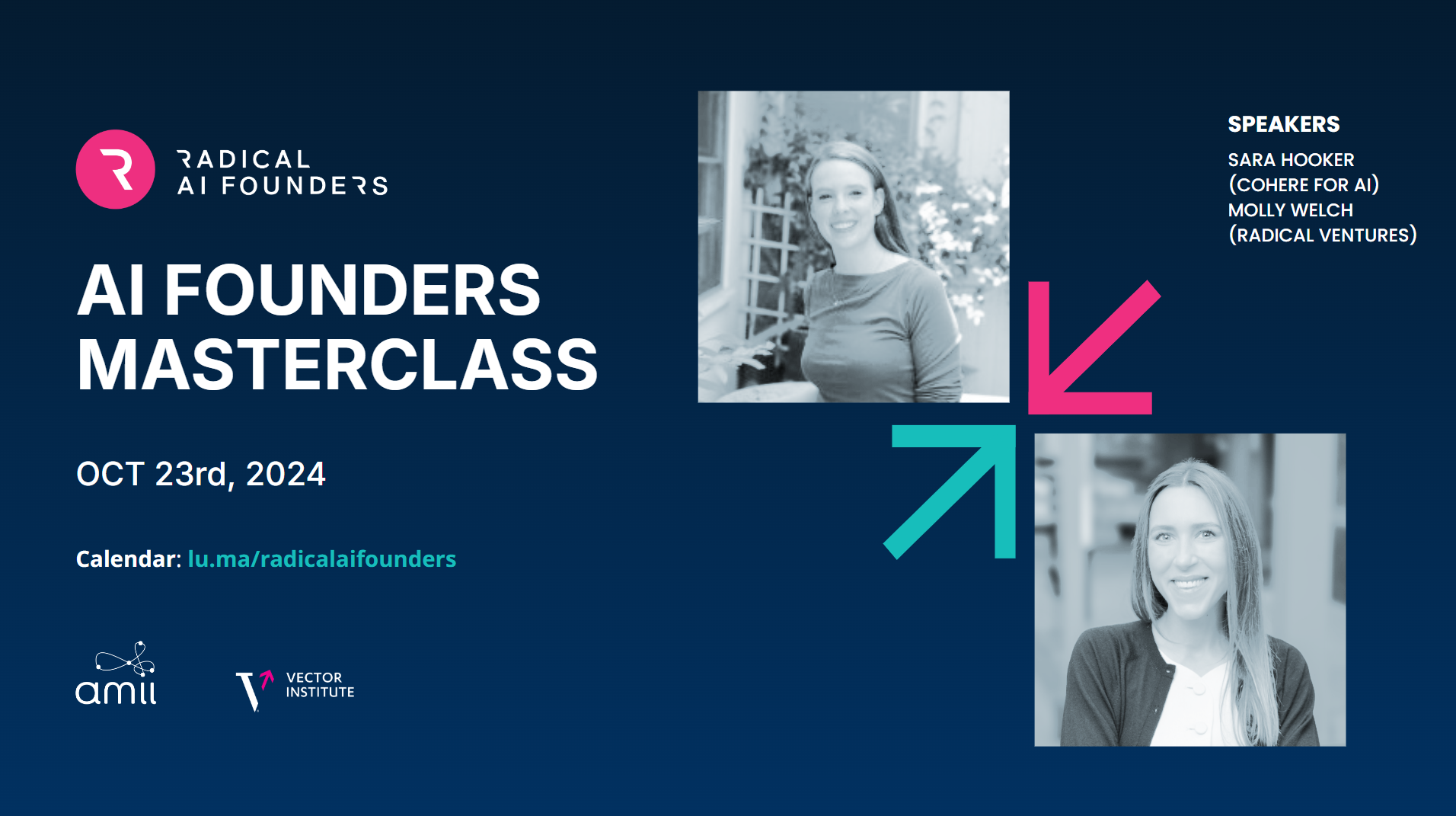The holidays offer a perfect time to catch up on thoughtful insights from some of the greatest minds in technology and AI. Every week, Radical Reads explores the many ways artificial intelligence is reshaping our world. Each edition begins with our own thinking via a feature interview or article written by the Radical team. As we turn the page on 2022, we are delighted to share our readers’ favourite Radical features of the past year, exploring AI’s impact on technology, the economy, politics and culture.
Subscribe to Radical Reads for more great insights in 2023, freshly delivered every week.
Happy holidays and best wishes to you all for a fantastic 2023!
Geoffrey Hinton – Exclusive Q&A on his latest breakthrough
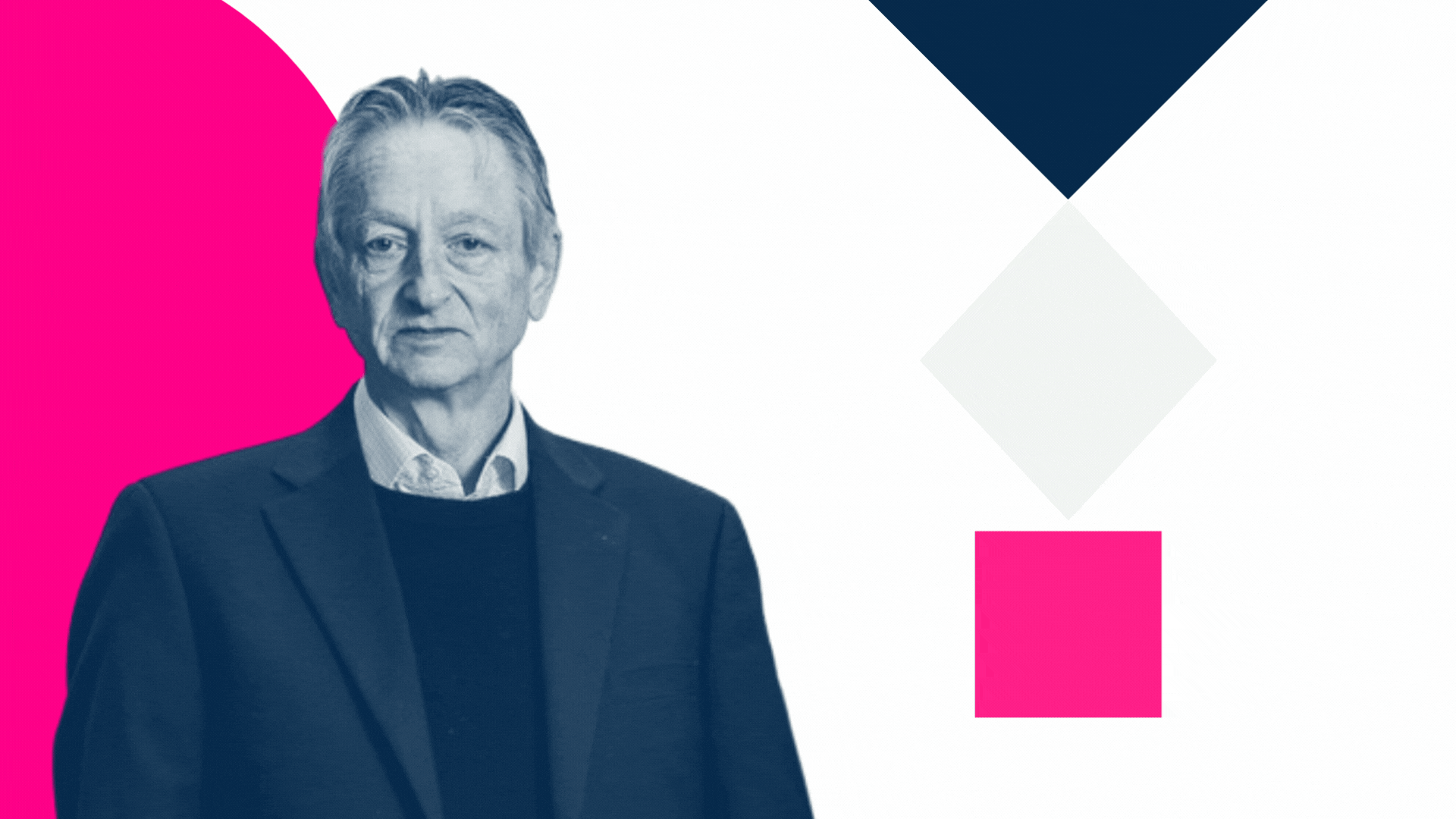
Image Source: New York Times
“We are used to computers where the knowledge in the program or the weights is immortal: It does not die when the hardware dies because it can be run on other hardware that behaves in exactly the same way. But If you want your trillion parameter neural net to only consume a few watts, mortal computation may be the only option. Computer scientists don’t like this idea because you can’t write a program once and then upload it to a billion computers. If you want a billion computers to do something, you have to train each of them separately. It’s like having a billion toddlers. You can’t tell them what to do. They have to learn from examples.”
This year at NeurIPS, the world’s largest AI research conference, Geoffrey Hinton’s seminal paper “ImageNet Classification with Deep Convolutional Neural Networks” was awarded the conference’s “Test of Time” award for its huge impact on the field. It proved a watershed moment for the field, triggering a decade of rapid innovations and world-changing applications. But in his keynote talk to an audience of thousands at the conference, Geoffrey made it clear that his work is not done, offering a vision for an entirely new form of computing built upon a new algorithm, Forward Forward.
Radical Partner Aaron Brindle spoke with Geoffrey Hinton (who is an investor in Radical Ventures) after his talk. Read the interview.
NLP’s hardest problems – fireside chat with Richard Socher and Rob Toews
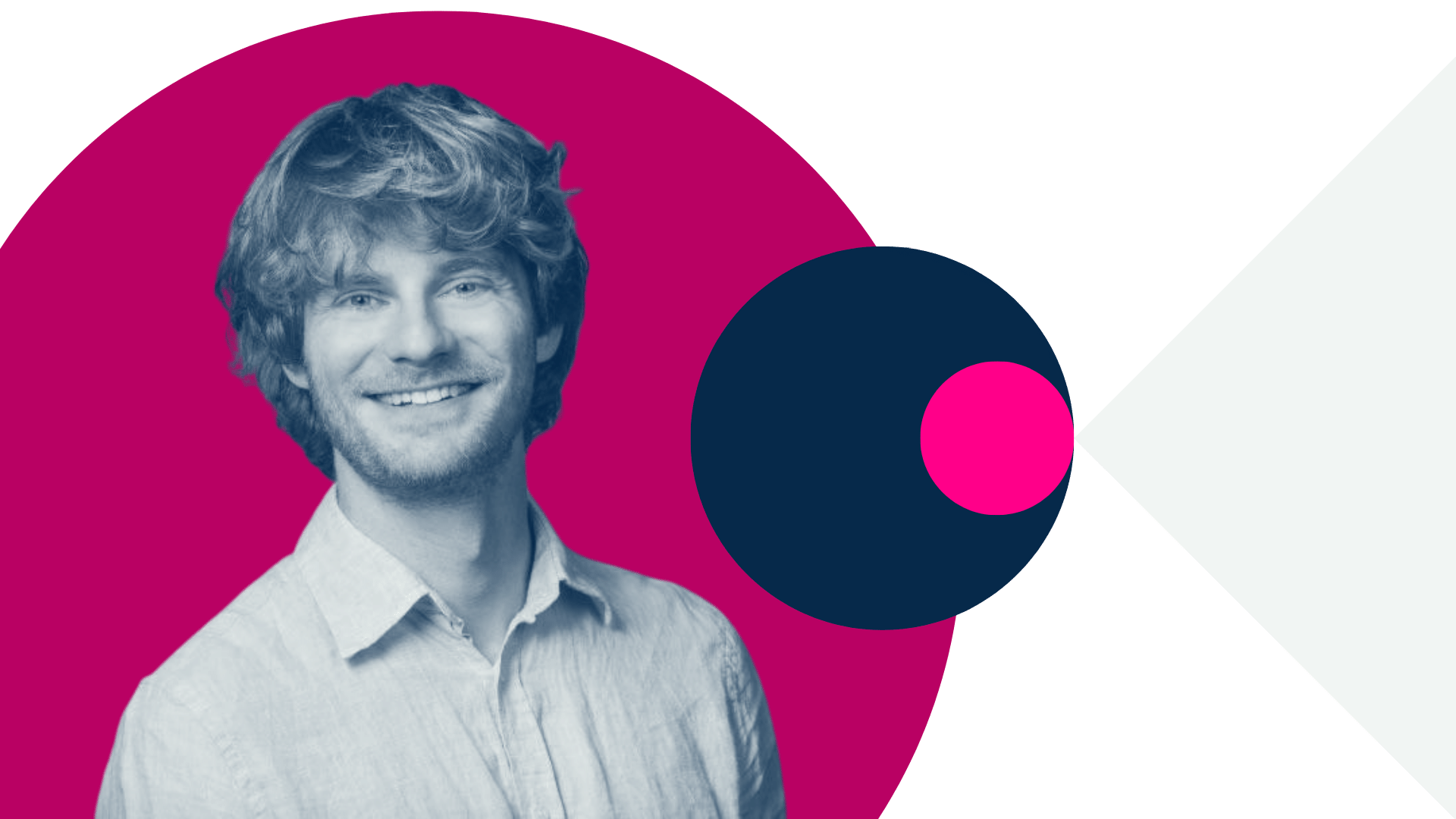
“In the 2010s, so much foundational work needed to be done. In that time, we focused a lot more on how to build very accurate AI systems. Those ideas have been done. In the last couple of years, it has been about applying those ideas and making them even bigger, such as bigger training datasets. But fundamentally, research wise, those ideas have not changed that much. I think there is more interesting work to be done, and more positive impact to be had, on humanity by thinking through how we apply all of those research ideas.”
Radical Ventures Partner Rob Toews hosted a talk with Richard Socher at the RE•WORK Deep Learning Hybrid Summit in San Francisco. Richard was previously the chief scientist at Salesforce and an adjunct professor at Stanford’s computer science department. He obtained his Ph.D. working on deep learning with Chris Manning and Andrew Ng. Richard founded MetaMind, which Salesforce acquired in 2016. Richard is the founder of You.com, an ad-free, privacy-preserving search engine that has quickly grown to millions of searches (and is a Radical Ventures portfolio company). This week You.com announced YouChat, a ChatGPT-like search assistant that can have back-and-forth dialogue with users but, unlike ChatGPT, works in real-time, provides citations for its answers, and is fused into You.com’s search engine.
In this feature interview, Richard discusses the challenges of starting a company that disrupts big players, how he thinks about the right balance between research and building a product, and big-picture trends and challenges ahead in natural language processing (NLP). Read the interview.
Leading with Talent

“The one thing that was clear for me is that I did not want to go anywhere. The talent is here.”
Radical Ventures Managing Partner and Co-Founder, Jordan Jacobs, wrote in Radical Reads in March about how Toronto’s AI ecosystem was built, following a New York Times feature profile on Toronto’s booming tech and AI scene. The article details the incredible momentum we are witnessing in Toronto – an ecosystem built by some of the best AI and tech talent on the planet, whose world-changing startups inspire us every day. Read Jordan’s thoughts here.
Fei-Fei Li on Picking the Problem to Solve

“Many entrepreneurs, especially today’s aspiring entrepreneurs, don’t hear it enough: you can do it. No matter who you are, you can do it.”
“More than 700 AI researchers from around the world registered for Radical Ventures’ AI Founders Master Class this year. The four week program features conversations with AI luminaries about what it takes to make the leap from researcher to entrepreneur (join the community here).
The second week of the program featured a conversation between Radical Ventures Partner Rob Toews and computer vision pioneer Fei-Fei Li, Co-Director of Stanford’s Human-Centered AI Institute. In a candid discussion, Fei-Fei offered advice to researchers looking to become the next generation of AI founders. Read the interview.
AI’s Next Wave
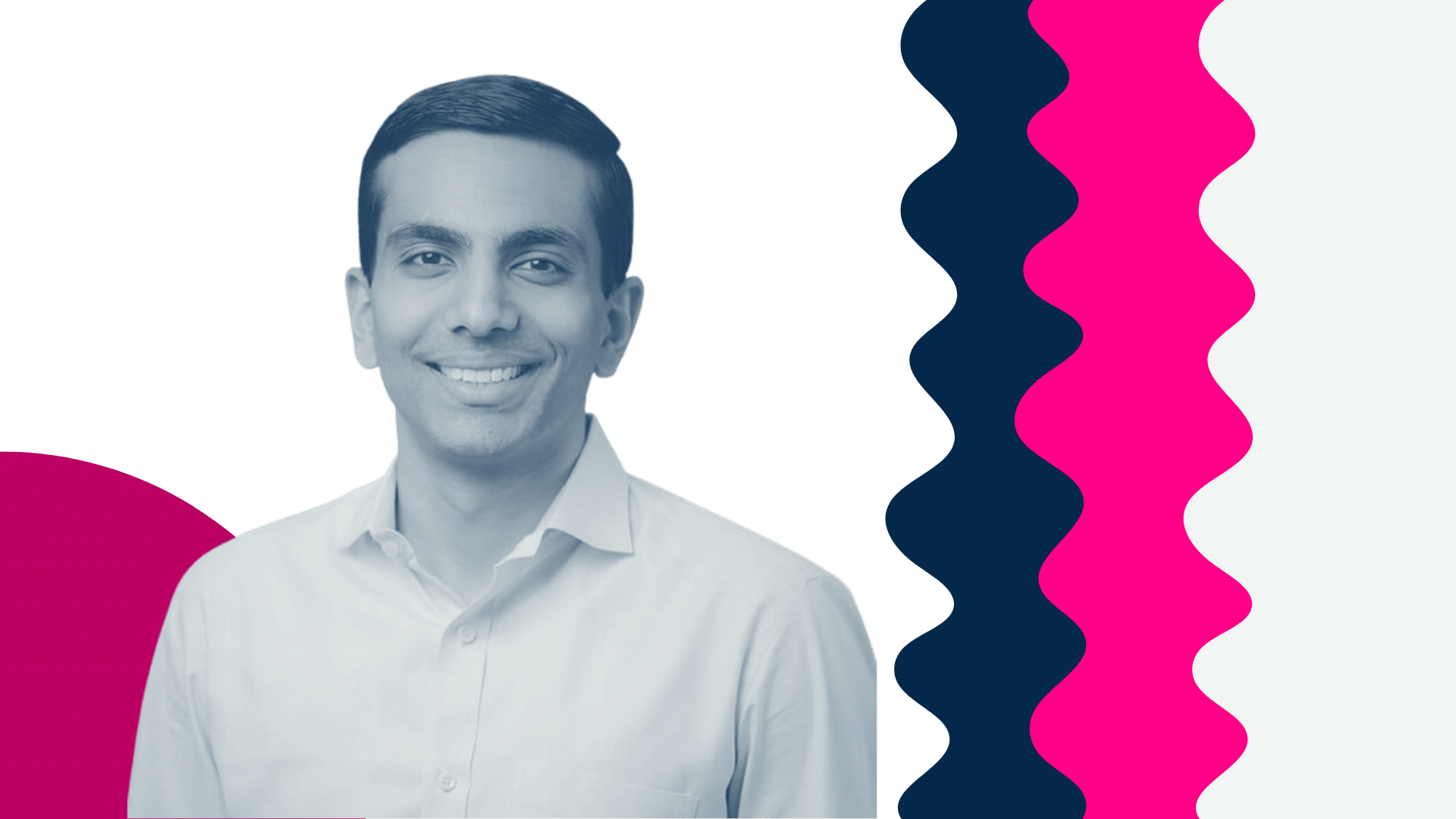
“It is difficult to overstate the potential of artificial intelligence. Alphabet CEO, Sundar Pichai, searching for equivalent comparisons, equates AI to fire and electricity: ‘Like that, but even more profound.’ But before AI transforms the trajectory of civilization as fire once did or becomes ubiquitous like electricity, it will first go through differing waves of adoption.”
Given the disruptive promise of AI, it is easy to lose sight of the fact that it remains a nascent technology, with only a fraction of enterprises actively deploying AI today. At Radical Ventures, we have seen hundreds of startups looking to accelerate its adoption and shape AI’s future. This experience informed our framework for categorizing the different waves of AI adoption. To understand where the technology is going, Radical Partner Parasvil Patel suggests it is worth considering first how we got to this moment and how startup founders today are thinking about the next generation of AI technologies. Read Parasvil’s feature here.
Healthcare AI Enters the Mainstream
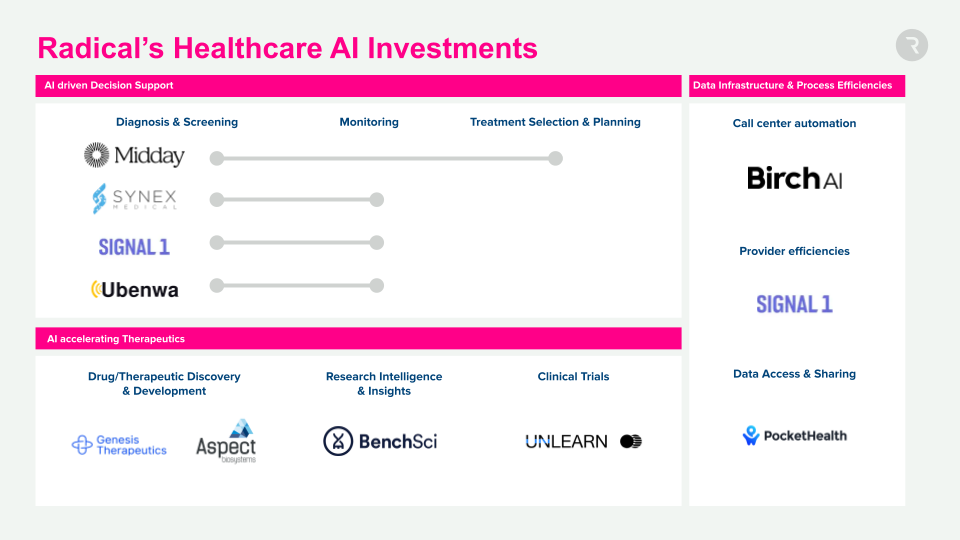
“Healthcare data today is mostly siloed. However, as this data is unlocked, AI is perfectly positioned to responsibly leverage multi-modal healthcare data and combine it real-time with secure flows of clinically relevant data to dramatically improve health outcomes.”
In the early days of the pandemic, we anticipated advances in healthcare unfolding in two waves of innovation. Wave 1 would be defined by broad digital adoption, creating the data, digital infrastructure, and behavioural foundations for the deep tech innovations of a second wave, which would be primarily driven by AI.
Two years later it is clear that Wave 2 has begun to arrive. Previously siloed healthcare data is becoming more accessible, and AI is well-positioned to responsibly leverage multi-modal healthcare data and combine it real-time with secure flows of clinically relevant data to improve health outcomes. AI powered healthcare is entering the mainstream.
In this report, we share our perspective on the areas where we expect to see AI generate outsized value including innovations in health data sets, genomics and precision medicine, generative AI applied to biology, and AI-enabled sleep solutions. Read the full report.
A conversation with a Ukrainian AI researcher
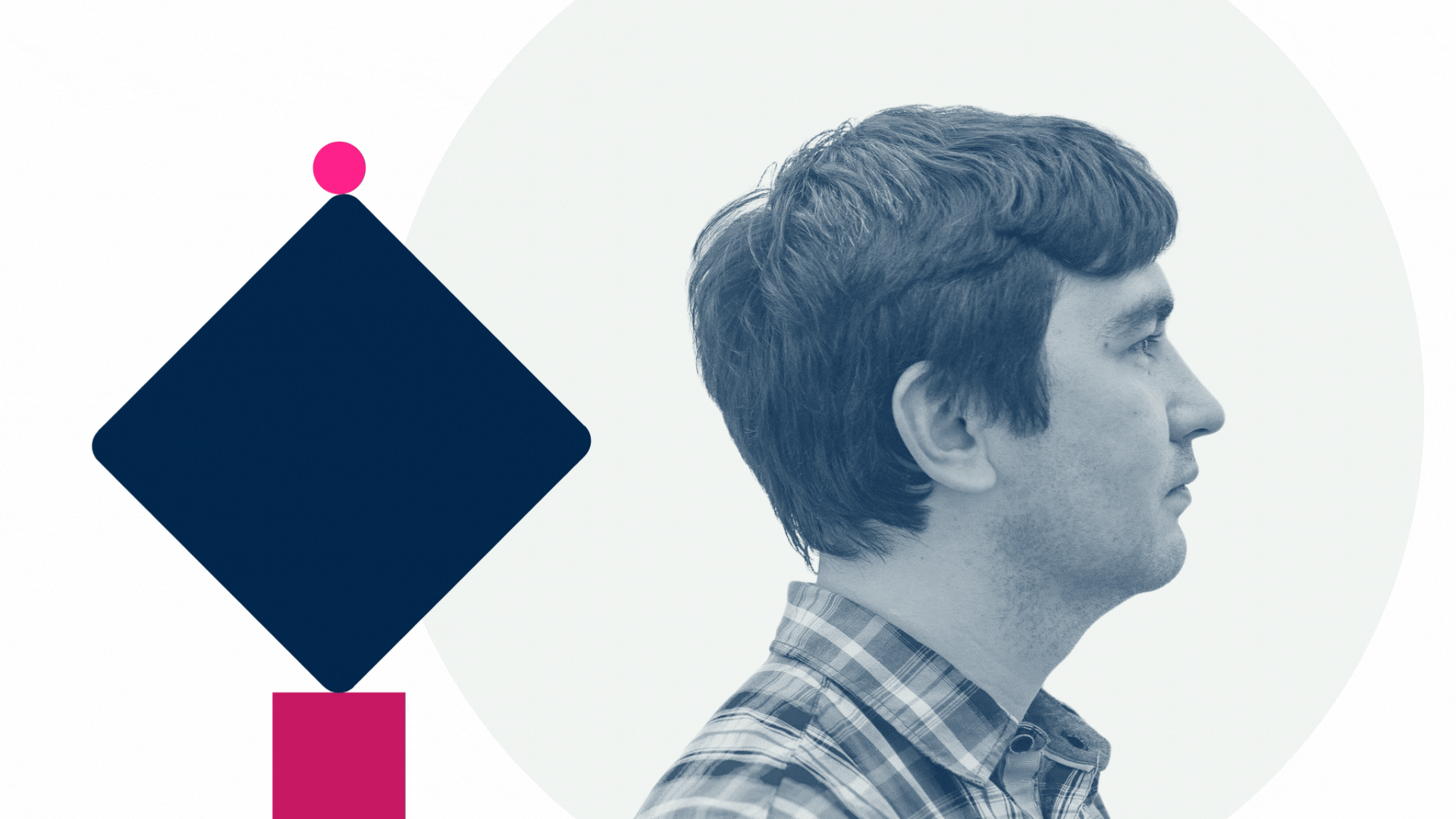
“The Ukrainian AI community is indeed very strong and mostly industry-based. Two major startups in Ukraine were recently acquired, including Augmented Pixels by Qualcomm and Apostera by Harman (Samsung). AI research is also being undertaken in Ukraine’s enormous agricultural industry… There is a powerful emphasis on research within Ukraine’s startup community.”
Ukraine’s research and startup community plays an important role in the global, interconnected AI ecosystem. Following the Russian invasion of Ukraine, Radical Partner Aaron Brindle reached out to Dr. Dmytro Mishkin, a Ukrainian AI researcher and ex-startup founder. Dmytro is a member of the Expert Committee on Artificial Intelligence at the Ministry of Digital Transformation of Ukraine. He is also the co-founder of the Eastern European Computer Vision Conference and started the Ukrainian Research Group “Szkocka,” an initiative to promote cooperation between Ukrainian researchers and supervisors doing high-quality academic research. He is the core maintainer of Kornia – a popular computer vision library. Aaron reached Dmytro in Prague, Czech Republic. Read the interview.
What’s unsolved in generative AI?
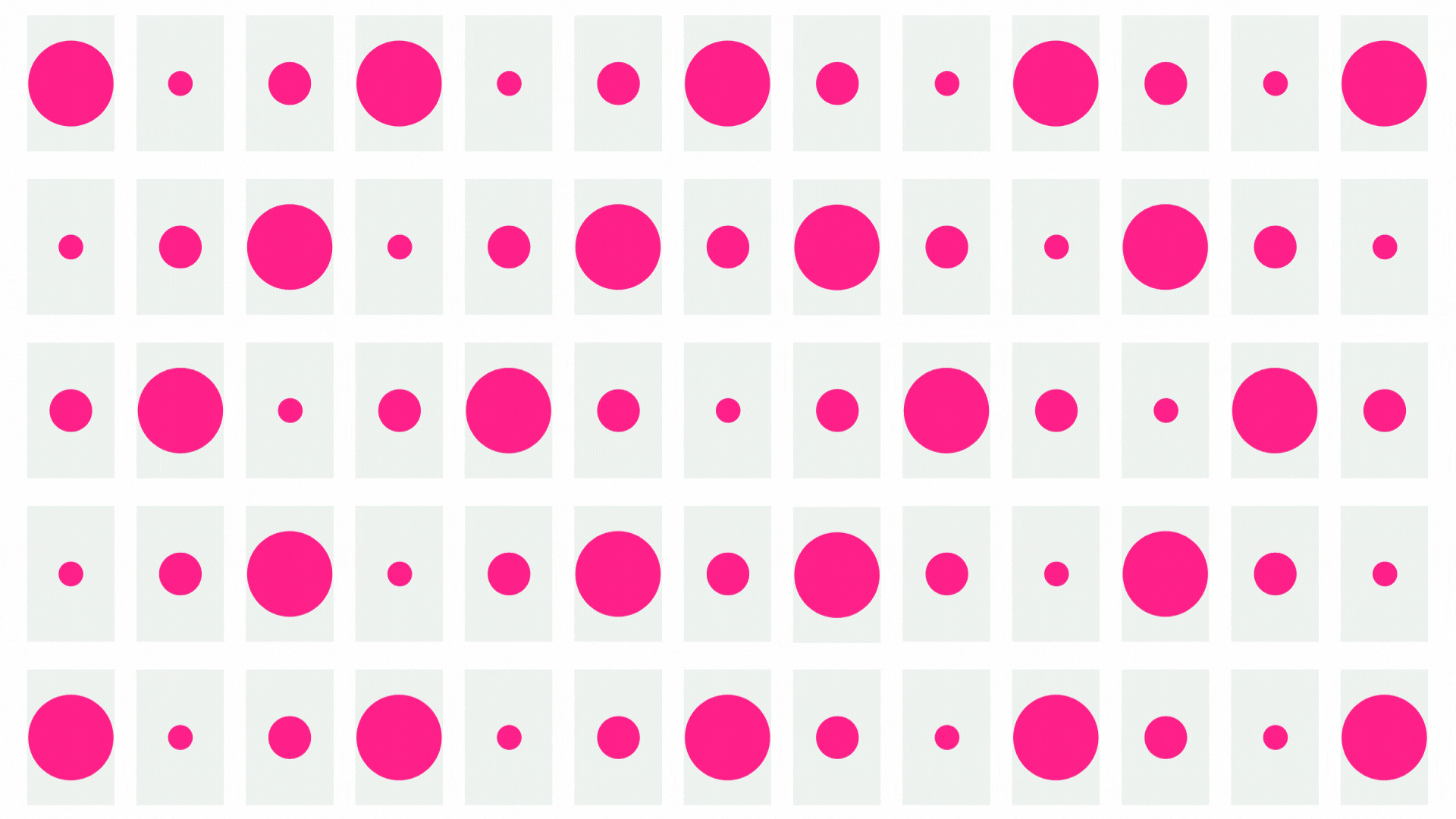
“The generative AI renaissance will depend to a large extent on data.”
Generative AI has taken the technology world by storm. While today’s generative models are built upon a decade of progress–thanks to advanced cloud computing, better algorithms, and bigger datasets–2022 does feel like an “AlexNet” moment. In the way that computer vision breakthroughs meant computers could see, today’s computers can now create in ways never before thought possible, producing impressive text, imagery, video, 3D assets, and more.
Much has already been written about the market opportunities for the explosion of generative AI startups now emerging, which aim to remake everything from creative tools to software development.
But equally important is what’s missing today. Other computing paradigm shifts necessitated new infrastructure, from cloud tools at the advent of SaaS to MLOps in the early deep learning era. What problems are unsolved in the generative AI stack? And what tools and infrastructure does the ecosystem need to truly take off? Radical Investor Molly Welch shares her answers here.
De-Mystifying Healthcare AI with Rahul Krishnan
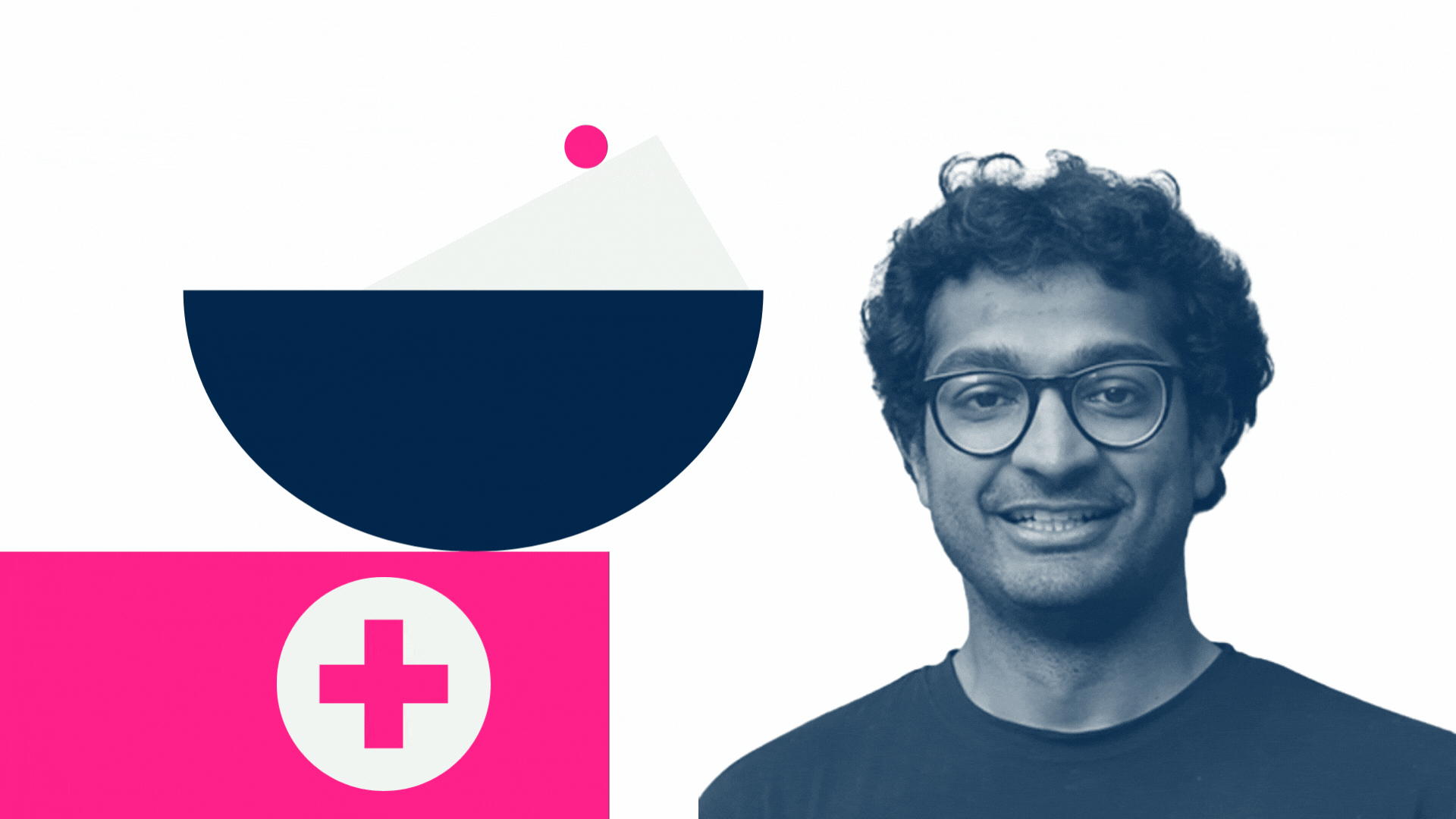
“Beyond both the opportunity to create value – healthcare spending comprises nearly 10% of the GDP in Canada and 15% in the US – I think what motivates entrepreneurs to explore the application of AI to healthcare is that, in its best form, it is technology that can help people. AI, machine learning and medicine have a long history.”
This year we launched our “Demystifying Healthcare AI” series, in which Radical Investor Sanjana Basu speaks with leading founders, researchers, and clinicians working at the intersection of AI and healthcare. At Radical Ventures, we have seen a new generation of startups emerge under leaders who combine health, machine learning, and commercial expertise. These versatile teams are successfully deploying healthcare innovations in the real world. Sanjana spoke with Rahul Krishnan, an Assistant Professor at the University of Toronto, a Canada CIFAR AI Chair, and a Faculty Member at the Vector Institute for Artificial Intelligence. Read the interview.
An AI-Assisted Love Story & the Future of Machine Creativity
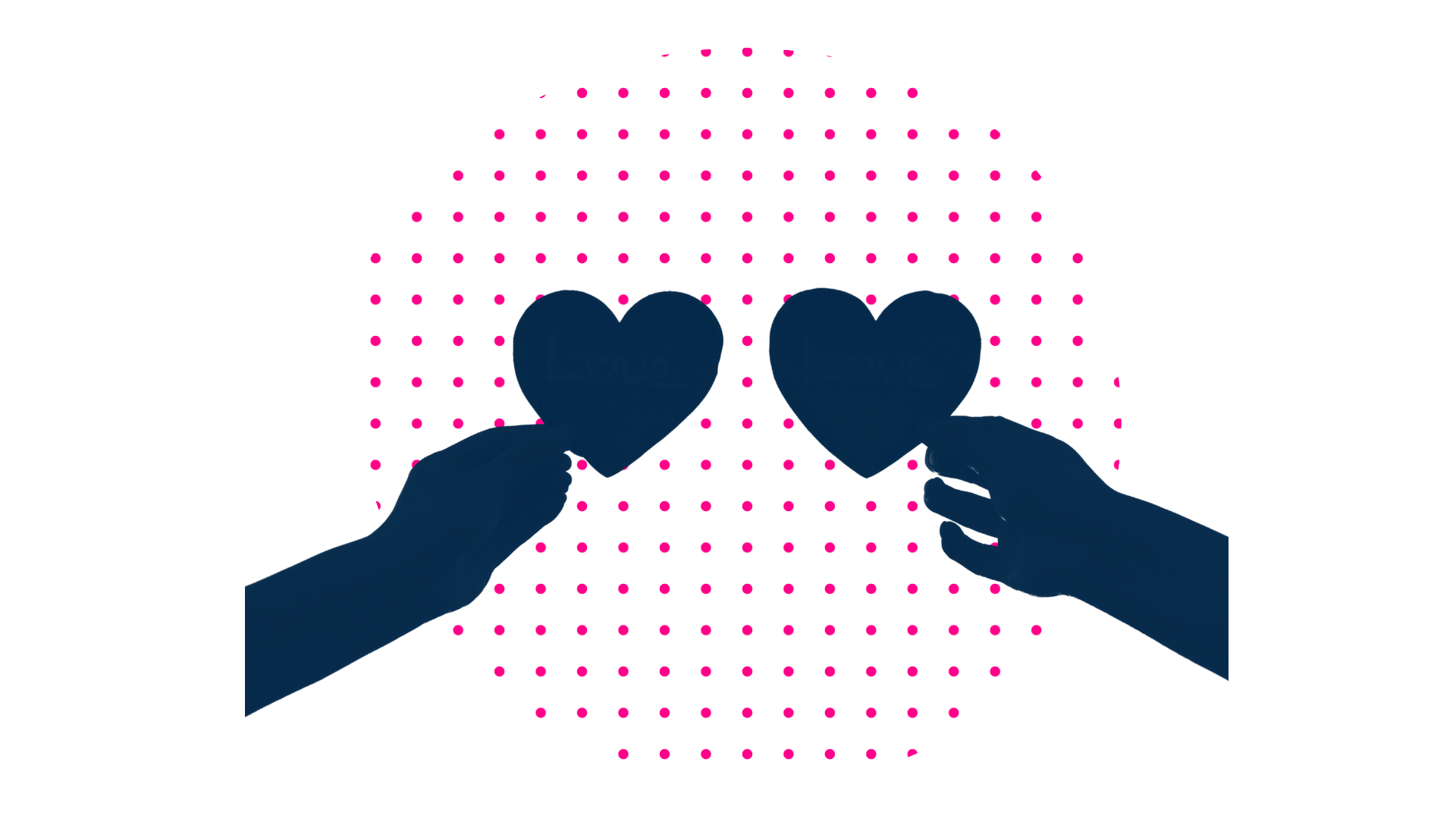
“The rain in the market smelled like rusting metal and wet stones. The stallholders had no real need to sell nor did they care much for their customers. There was a cookery demonstration. There was a magician. There was a video games stall. There was a beauty parlour. The rain was like a mist at first, fine and barely noticeable, but not long after the streets were flowing with a torrent of mud and water…”
A guest-authored Radical Reads by novelist, essayist and cultural commentator, Stephen Marche used the Cohere API to help generate an AI-powered love story. Stephen is the author of half a dozen books,and he has written opinion pieces and essays for The New Yorker, The New York Times, The Atlantic, Esquire, and many others. Read the full story here.
Radical Reads is edited by Ebin Tomy.

